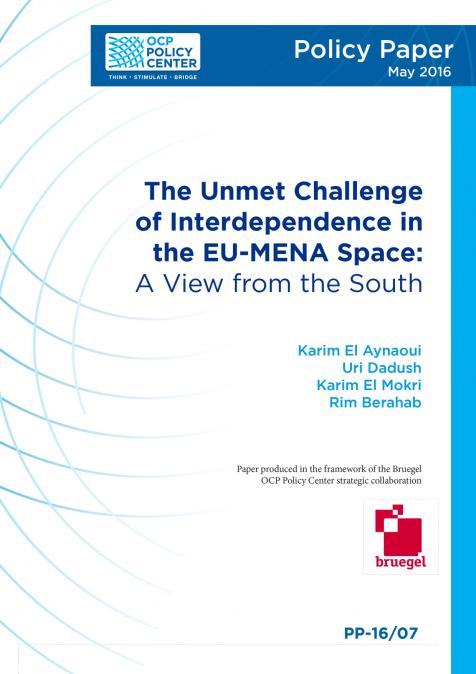Publications /
Policy Brief
This policy brief argues that Mexico’s future agenda of negotiations should include three main priorities. Firstly, with the help of its NAFTA partners, Mexico should position itself as the export platform of North America to the world. Its structural changes, web of agreements, and strategic location pave the way for this. Secondly, it should insist on being invited to the negotiating table of the Transatlantic Trade and Investment Partnership (TTIP). If full participation is not possible, it should advocate for similar disciplines among members and the implementation of the cumulation of origin between NAFTA, TTIP, the EU-Mexico Free Trade Agreement, and EU-Canada Comprehensive Economic and Trade Agreement (CETA). Finally, at the international level, in order to support the multilateral trading system through the World Trade Organization (WTO), flexible accession clauses in TPP and TTIP and the guarantee that those agreements are not discriminatory to third countries should be strongly promoted.







